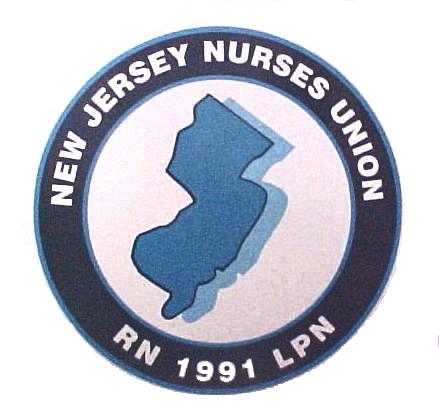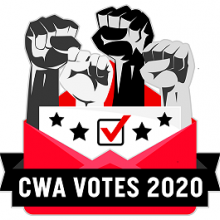Your Right to Organize
Rights under the federal labor law of union and non-union nurses:
Protects your right to organize a union of your own choosing
At work you can talk, give out literature, sign cards on non-work time in non-work areas as long as it doesn't disrupt patient care
Non-work time means before and after shifts, during breaks (breaks are flexible to your advantage since nurses don't get fixed breaks)
Non-work areas mean breakrooms, bathrooms, near the elevator, off the floor, cafeteria, parking lot, etc
You may talk about yourunion at the nurses station while you're on a momentary break, since nurses can only take brief breaks on busy occasions. But you must use good judgment about who is around, and not disrupt another employee who is working
The right to participate in a concerted or collective activity
If in doubt, contact a union official, or call (p): 973-992-NJNU (6568)
Learn more about how nurses are coming together to improve our facilities and healthcare system.
Unsafe Assignments
We have an obligation to carry out the assignments we are given. But as patient advocates, we also have an obligation to report and try to correct unsafe assignments.
Unsafe can take many forms: short staffing, floating to units where we do not have the proper training, improper equipment, and more.
If you are given an unsafe assignment:
Tell your manager the assignment is unsafe and why. Ask them to correct the situation.
Fill out a Protest of Assignment. A Protest of Assignment is a written document explaining why, in your professional judgment, the assignment is unsafe. It helps protect your license and also helps us as a union correct patient care problems.
Talk to your NYSNA delegate or rep about how to prevent this situation from happening again.
We can most effectively prevent and address unsafe assignments through collective action.
If Management Calls You into the Office
Here are some tips to keep your cool and protect your rights if you get called into the office for discipline or an investigation:
Ask what the meeting is about. You have a right to know what is being investigated or discussed before the meeting.
Ask for your NYSNA rep or delegate. You have the right to union representation if the reason for the meeting could be disciplinary. Before you attend the meeting, ask if the conversation could lead to discipline so you can contact your union rep/steward beforehand. If the answer is “yes,” you have a right to representation at the meeting itself, and do not have to answer questions until your rep is present.
Keep it simple. Answer management’s questions with clear simple answers. Don’t fall for fishing expeditions.
Don’t remember? Just say so. If management asks you about something and you don’t know the details, just say “I don’t know” or “I don’t remember.” The worst thing you can do is to make up a story and give management an excuse to try to discipline you for dishonesty.
Workplace Violence
New York law makes it a felony to assault a nurse. But still too many administrators and law enforcement officials don’t take adequate action when a nurse is assaulted.
Read NYSNA's position statements on this important issue.
Take these steps if you or a co-worker is assaulted:
Seek immediate medical assistance.
Report the assault to your supervisor right away. Make sure they fill out a report.
Talk to your NYSNA rep and make sure that management and hospital security and make your game plan.
Ask another nurse to help you out. In a difficult time, everyone needs an advocate.
Don’t wait to press charges. You have the right to press charges later, but the longer you wait, the less likely law enforcement will take action.
File a workers’ comp claim.

